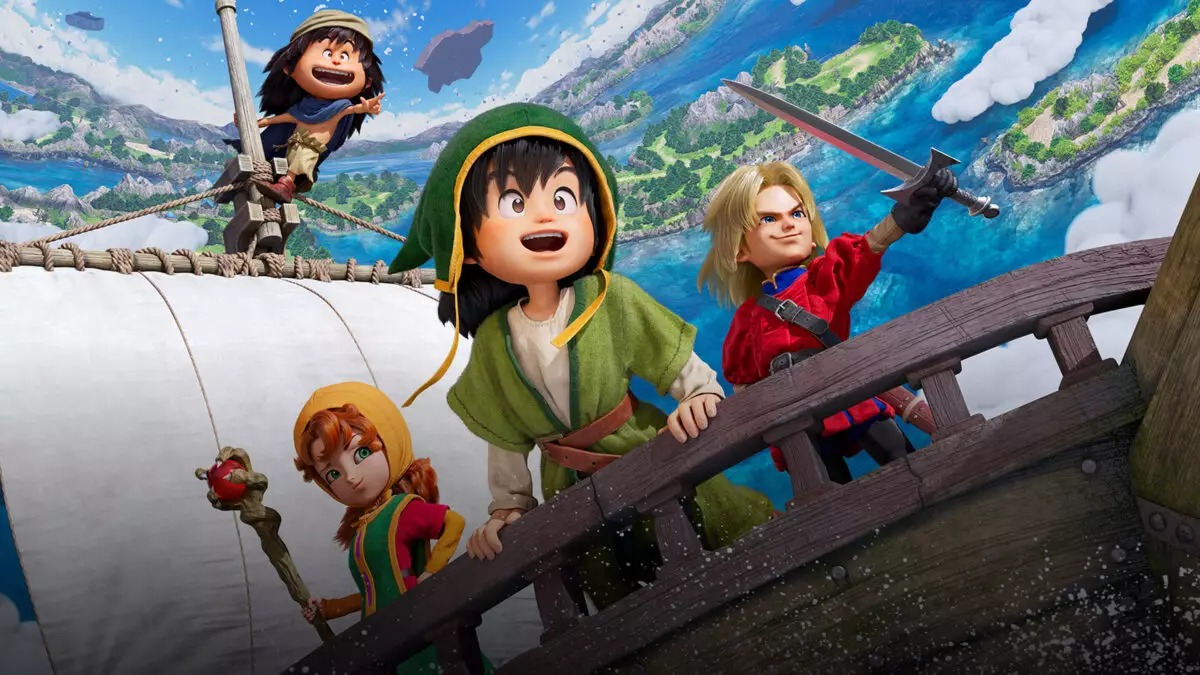The trend of revisiting beloved franchises is more than just a nostalgic cash grab; it’s an acknowledgment that time and technological advancements demand fresh approaches to classic stories. Square Enix’s upcoming remake of Dragon Quest 7 exemplifies this philosophy. Instead of merely porting or remaking the game as-is, the developers are actively reimagining the experience to appeal to modern sensibilities. This decision reveals a nuanced understanding: old JRPGs, especially ones as sprawling as Dragon Quest 7, can alienate new players with their excessive length and convoluted subplots. By trimming down these extraneous elements and focusing on what truly matters—an engaging main storyline—the remake aims to bridge the gap between seasoned fans and newcomers.
What’s intriguing is the apparent effort to strike a balance. The original game’s sprawling universe was both its charm and its curse. For fans, it was an epic odyssey; for newcomers, it could become a daunting marathon. The strategy to streamline narrative subsections shows confidence from Square Enix—acknowledging that quality storytelling can often suffer when stretched too thin over hours and hours of gameplay. It’s a move that could set a precedent for future reboots: respect the core experience but adapt it for today’s shorter attention spans.
From Bloat to Balance: A Smarter Approach
The original Dragon Quest 7, launched on PlayStation and later remade for the 3DS, represented a peak of JRPG ambition—an expansive universe teeming with side quests, character arcs, and world-building. While this depth was appreciated by dedicated fans, it was often criticized for wandering into monotony. The project’s overhaul appears to prioritize narrative purpose over quantity, removing or simplifying side plots that hampered pacing. This could be a game-changer; it showcases how developers are evolving from the “more is better” mindset to a more refined storytelling model.
Critically, this approach doesn’t just serve newcomers. Longtime fans who initially struggled with the original’s length might find new joy in a more focused and emotionally resonant storyline. It’s an investment in quality rather than quantity—a shift that many RPG developers might need to embrace if they hope to maintain relevance in a crowded gaming landscape. With these changes, the remake could function not just as a nostalgic trip but as a modern masterpiece, demonstrating that strong storytelling and engaging gameplay still go hand-in-hand.
The Future of Remakes and the Power of Reinvention
Square Enix’s move to reimagine Dragon Quest 7 is more than a remake; it’s a testament to how legacy titles can evolve without losing their soul. The promise of preserving the “scale and charm”—the elements that made the original beloved—while removing the fatigue-inducing bloat indicates a mature understanding of where gaming is headed. As the industry increasingly demands innovation alongside fidelity, this effort might become the blueprint for future remakes.
Furthermore, the strategic timing—teasing the game’s release ahead of Dragon Quest 12—entails a broader plan to sustain franchise momentum. By reintroducing fans to a classic with fresh perspectives, Square Enix can cultivate a new generation without losing touch with its loyal base. The balanced approach might also serve as a lesson: respecting a game’s roots while daring to adapt is fundamental to keeping timeless stories alive in a rapidly changing digital world.

